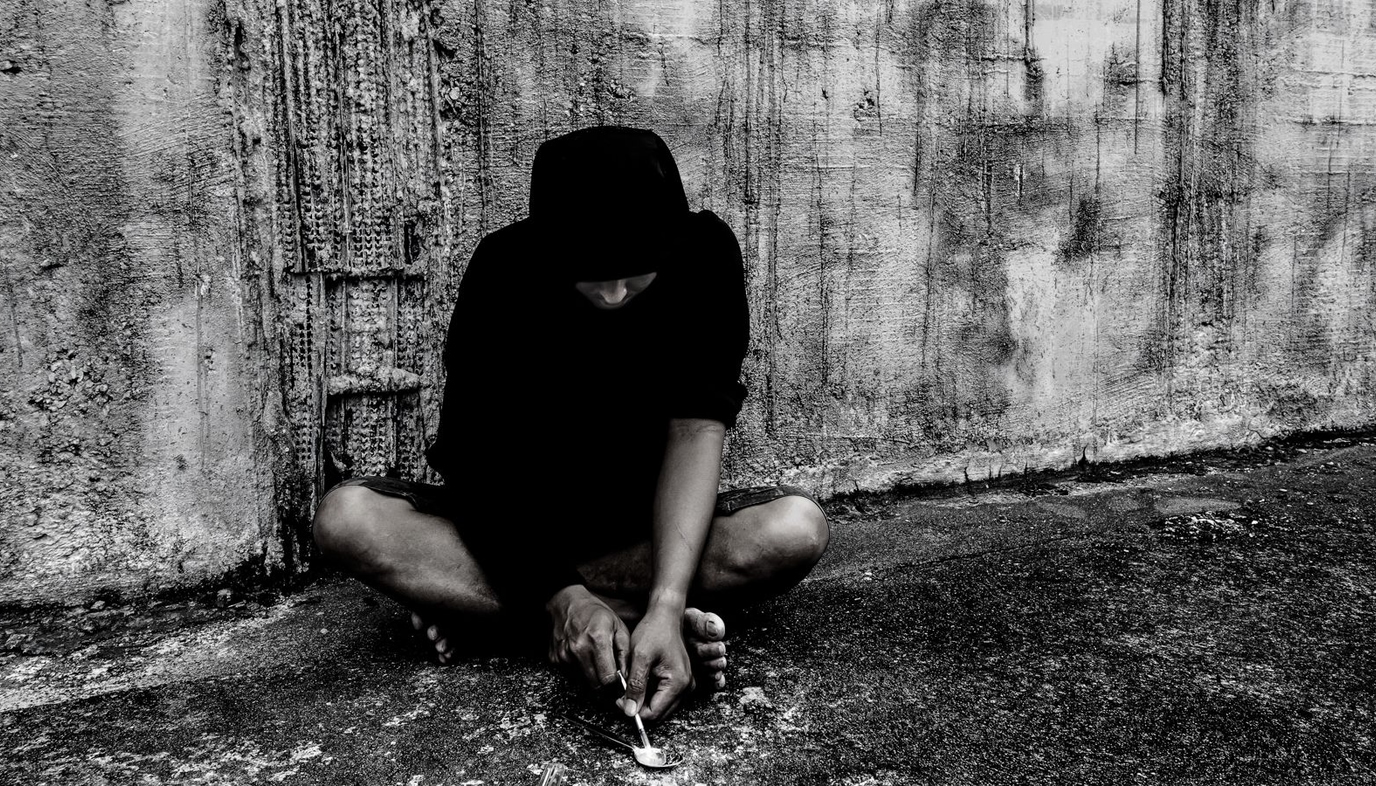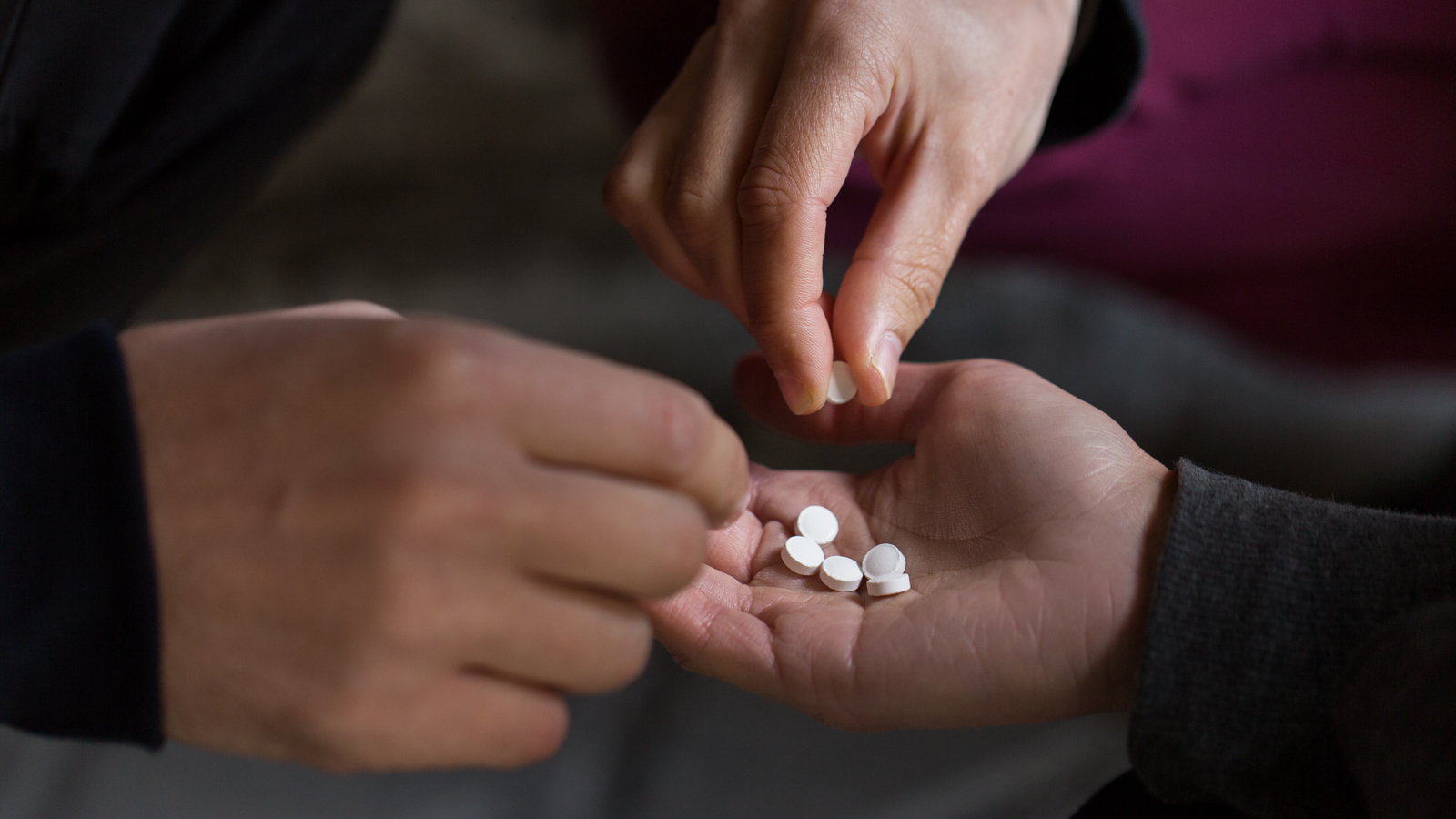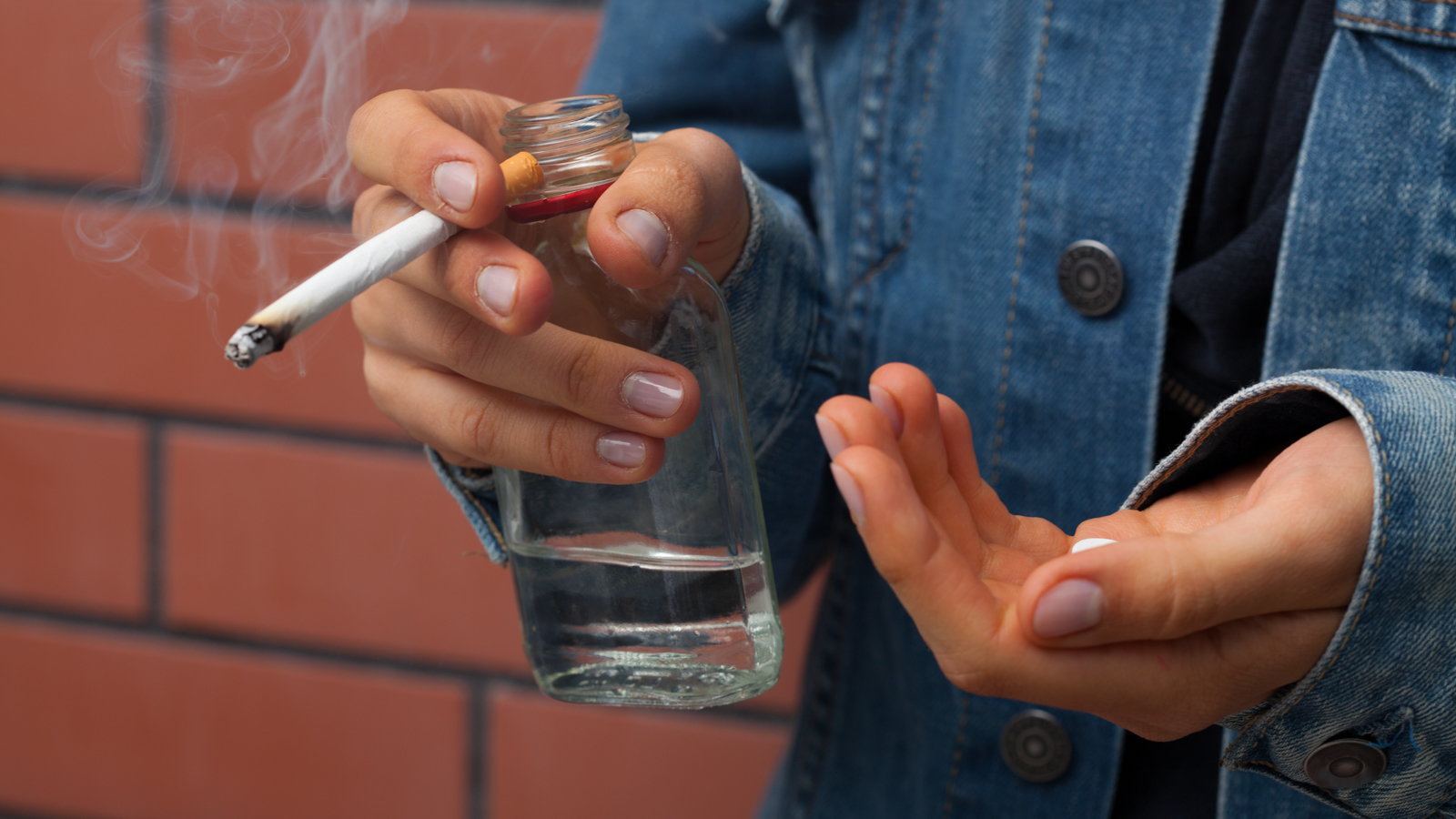
Parents of teenagers often find that their teens will not talk to them, even kids who used to tell mom or dad everything about their daily lives. Perhaps they spend more time in their room, give up a favorite sport, "forget" their chores, argue, and are generally moody and irritable. With these changes, many parents begin to wonder, "Is my teen using drugs or is this just normal teenage behavior?"
It is important to remember that many signs of drug use can also signify other serious issues like depression or learning disabilities, and even underlying health issues like diabetes, any of which require a trip to the doctor. It is also important to know that different drugs can cause very different side effects, so you will need to look for different signs. Adderall (the study drug) can cause grades to go up and appetite to go down, while marijuana can cause apathy toward school and extreme hunger (the munchies). It is important to note that many teens today abuse legal prescription drugs (Xanax, painkillers), which means there will be no drug paraphernalia as an associated sign of drug use.
 Environmental and Other Considerations
Environmental and Other Considerations
There are known risk factors that make a teen more likely to abuse drugs, including a family history of addiction, parents' behavior (use of alcohol or prescription drugs to cope), early use of alcohol, depression, anxiety, stress, ADHD, low self-esteem, and trauma. It is the whole constellation of signs, changes in your teen's behavior, and risks that may well indicate drug use or abuse.
Signs to Look For
Here are six signs or behavioral areas that may indicate your teen is using drugs:
Loss of motivation
• To engage in favorite hobbies, sports, work, or other extracurricular activities
• At school: tardiness, truancy, dropping grades, and/or simple loss of interest
• In seeing old friends
Health issues
• Dramatic weight gain/loss, extreme hunger, or loss of interest in food
• Unexplained accidents and injuries (your teen may be unable to explain these due to blackouts)
• Runny nose unrelated to allergies or colds
• Dry mouth/extreme thirst
Appearance
• Poor hygiene, messy appearance
• Flushed face/red cheeks (not related to acne, cold weather, or hot weather)
• Red eyes (unrelated to allergies, illness, or infection)
Behavior
• Sleepiness or inability to sleep
• Moodiness (especially irritability or depression)
• Secretive/sneaky
• Unusually elated
• Loud/obnoxious
• Laughing for no reason
• Unusual clumsiness, slurred speech
• Spending a lot of time away-teens may spend weekends at a friend's to hide their drug use
Habits
• Chewing gum, eating mints (to cover smoke/alcohol on breath)
• Heavy use of eye drops and nasal sprays
• Use of scented candles or incense
• Locking bedroom door
• Secretive calls and messages
Home Issues
• Disappearance of money/valuables
• Disappearance of prescription or over-the-counter drugs
• Disappearance of cigarettes, alcohol, or lighters
• Car accidents or unexplained car damage
What to Do If You Have Suspicions
If you are concerned that your teen may be using drugs, psychologists recommend simply asking them. The Time to Act website provides videos with psychologists discussing how to approach your teen, and a step-by-step guide for parents who think (or know) their teen is using. The Mayo Clinic also recommends talking about drugs and their use with your teen, but rather than lecturing or accusing, ask them their feelings about drug use, ask if they or their friends use drugs or alcohol, and encourage honesty.

